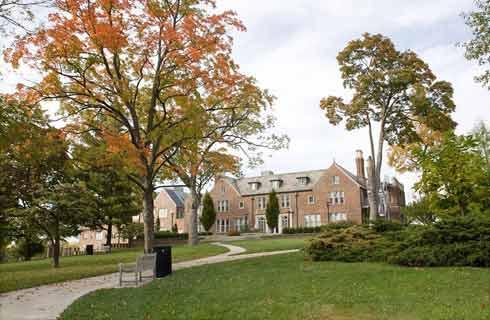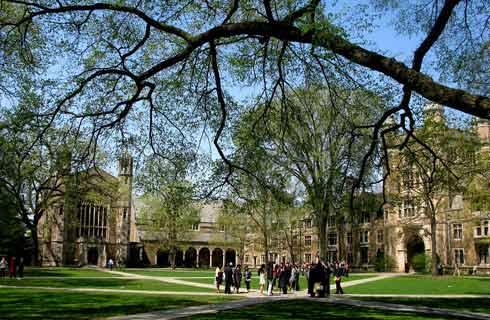LLM Social Care Law

学历文凭
Masters Degree (Taught)

专业院系

开学时间

课程时长

课程学费

国际学生入学条件
a 2:1 honours degree in law, or an equivalent international degree
or a university-recognised equivalent academic qualification.
If you have a 2.2 in law or a 2.1 in any other subject, your application will be considered on a case-by-case basis alongside your relevant professional experience and other qualifications.
Those whose first language is not English must obtain an IELTS overall score of 6.5 with 6.5 in writing and no less than 6 in the other sub-scores, or the equivalent.
TOEFL (iBT) - At least 90 overall
International Baccalaureate Language A- HL 4 or SL 5
IDP—雅思考试联合主办方

雅思考试总分
6.5
- 雅思总分:6.5
- 托福网考总分:90
- 托福笔试总分:160
- 其他语言考试:Pearson Test of English - At least 69 overall
CRICOS代码:
申请截止日期: 请与IDP联系 以获取详细信息。
课程简介
相关申请
 预科
预科 奖学金
奖学金 实习机会
实习机会 在校学习
在校学习 跨境学习
跨境学习 校园授课-线上开始
校园授课-线上开始 在线/远程学习
在线/远程学习
开学时间&学费
学费信息仅供参考,请与IDP联系以获取详细信息
| 开学时间 | 时长 | 学费 | 地点 |
|---|
学校排名

世界排名187
数据源:
泰晤士高等教育世界大学排名
关于卡迪夫大学

卡迪夫大学是英国一所享有盛誉的大学,位于英国四大地区之一--威尔士的首府。作为威尔士唯一的罗素集团大学,卡迪夫大学以其世界一流的研究水平、卓越的学术成就和优异的毕业生成果而闻名。卡迪夫大学在英国排名第22名(2026年《完全大学指南》),在全球排名第181名(2026年《QS世界大学排名》),提供国际认可的学位课程和支持性的学习环境。每年,卡迪夫大学都会迎来来自138个国家的6300多名国际学生,营造出一个多元化、包容的社区。卡迪夫大学高度重视就业能力,85%的国际毕业生在完成学业后不久就能找到高技能工作(2022/23年度毕业生成果报告)。卡迪夫大学在研究卓越性方面排名全英第14位,研究影响力方面排名第11位(2021年研究卓越框架),这体现了该校对创新型、面向现实世界研究的承诺。大学已投资6亿英镑用于新设施,包括最先进的教学空间、实验室和学习中心。卡迪夫大学的学生生活评价很高,连续三年在学生生活方面排名全英第二,学生会组织也位列全英第二(2025年WhatUni学生选择奖)。卡迪夫大学拥有200多个学生社团、60个体育俱乐部以及定期举办的国际学生活动,为国际学生提供了无限的参与机会。符合录取条件的国际学生将获得大学宿舍的单人住宿,且宿舍距离校园仅几步之遥。
本校相关课程

威尔士历史(MA)
学历文凭
Masters Degree (Taught)
开学日期
课程费用总额


政治与国际关系博士/硕士-威尔士
学历文凭
Ph.D.
开学日期
课程费用总额


城市设计(MA)
学历文凭
Masters Degree (Taught)
开学日期
课程费用总额


运输与规划(MSc)
学历文凭
Masters Degree (Taught)
开学日期
课程费用总额


组织工程学(MSC)
学历文凭
Masters Degree (Taught)
开学日期
课程费用总额


化学博士学位/哲学硕士-理论与计算化学
学历文凭
Ph.D.
开学日期
课程费用总额

其他相关课程

政治与国际关系学士/法学学士
 堪培拉大学
堪培拉大学泰晤士高等教育世界大学排名:470
学历文凭
Dual Degree
开学日期
课程费用总额


信息技术科学学士学位
 悉尼科技大学
悉尼科技大学学历文凭
Dual Degree
开学日期
课程费用总额


理学学士/法学学士
 西悉尼大学
西悉尼大学泰晤士高等教育世界大学排名:352
学历文凭
Dual Degree
开学日期
课程费用总额


商法研究生证书
 阿德莱德大学
阿德莱德大学学历文凭
Graduate Certificate
开学日期
课程费用总额


商法研究生文凭
 阿德莱德大学
阿德莱德大学学历文凭
Graduate Diploma
开学日期
课程费用总额


比较法硕士(阿德莱德/曼海姆)
 阿德莱德大学
阿德莱德大学学历文凭
Masters Degree (Coursework)
开学日期
课程费用总额










 英国
英国